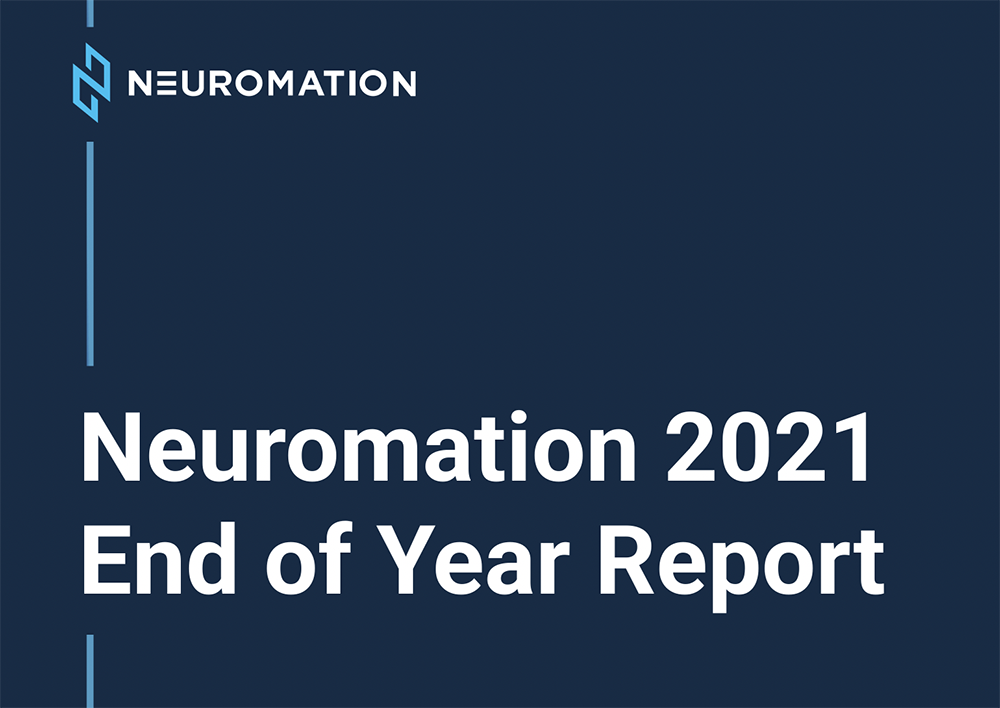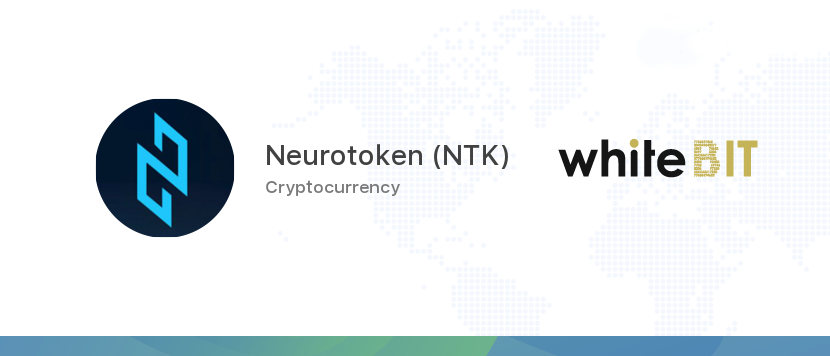
Metadata denotes the key characteristics of the recorded data such as its type, storage location, size, version, connection to other data elements, etc.
In a more narrow context, technical metadata provides extra information in regards to data models, data lineage, and access permissions.
Metadata management, in turn, is a set of practices aimed at improving the recordkeeping and administration of data. So that it’s:
- Easy to locate and retrieve
- Faster to identify
- More efficient to use for specific use cases
Given that proper data is key to successful implementation and scaling of AI and ML use cases, it makes perfect sense why the market for metadata management tools is booming too. Between 2020 and 2027, the market for metadata management solutions is expected to grow at a CAGR of 11.41% and reach $249 billion by 2027.
Now you may be wondering — what metadata management tools leading ML team use today? And why? Let’s dig in.
4 Metadata Management Tools and Platforms for 2021
Given that data prep work takes over 80% of the productive time among data scientists, it’s understandable that leaders are looking into ways to streamline that step.
A good data management tool helps:
- Ensure proper data categorization and consistent recordkeeping
- Maintain an inventory of traditional and new data sources
- Reduce the complexity of managing data, originating from various locations
- Meet data governance standards, plus regulatory, and compliance requirements
Below is a list of tools that tick all of these boxes!
- Dataedo
Dataedo is a comprehensive platform for consolidating, categorizing, and managing data using a centralized, secure repository (that you set up yourself). The platform supports both relational and NoSQL data. With Dataedo you can:
- Rapidly extract and annotate different data assets and map table relationships
- Create custom data dictionaries and business glossaries
- Automatically scan and classify sensitive data (to avoid using it in your models)
- Visualize data dependencies with ER diagrams
- Share and export datasets with authorized users
In short, Dataedo provides a good range of capabilities for building a data repository up to your specs — one that’s easy to populate, search, and maintain even for general business users.
- Collibra
Collibra is an enterprise solution, combining metadata management and data governance capabilities. While it’s on the more expensive side, the platform provides more advanced functionality for organizing your entire data management process.
Some of the stand out features include:
- Data Dictionary — provides a solid toolkit for defining, mapping, and organizing technical metadata and ensuring its consistent usage across the board. All dictionaries are searchable and allow adding custom meta tags for different assets.
- Automatic data classification — Collibra leverages ML to parse through all data catalogs. So that your team spends less time on manual classification and annotation. Plus, the tool verifies all data for consistency.
- Native ERP/CRM Integrator — the integrator facilitates metadata discovery and extraction from popular ERP/CRM systems. It can automatically fetch descriptions for fields, tables, relationships, etc.
The big boon of Collibra is intuitive UX and native graphical features, making it an excellent tool for both technical and business users.
- Apache Atlas
Want more freedom than proprietary tech offers? Consider Apache Atlas — open-source metadata management and governance framework, developed by the namesake web server software provider.
While Atlas requires more initial configurations and “hacking together”, the framework is well-suited to support large-scale data catalogs, repositories, and glossaries for both Hadoop and non-Hadoop metadata. With Atlas, you can:
- Define custom types of metadata with primitive attributes, complex attributes, or object references.
- Create dynamic classifications, including multiple classifications for easier data discovery and security configs.
- Provides intuitive UI for reviewing data relationships, performing searches, and discovery.
Bonus: Neu.ro
Want to combine open-source and proprietary metadata management tools to meet a broader set of needs? Neu.ro may help. Neu.ro is an MLOps platform, built up to your specs and managed by a team of remote ML experts.
You provide your requirements and tooling preferences — Neu.ro team stitches together a robust platform to support all your data management and analytics projects. In essence, you are getting the best of both worlds — a custom platform that fully matches your needs, available out-of-the-box, and managed for you!
To Conclude
Organizations with a strong metadata management culture can access, locate, share, and operationalize data insights faster and incorporate data analytics in a wider range of business processes. If you want to join the ranks of market-movers, a metadata management platform can provide you with that extra efficiency boost to bring new analytics use cases to the market faster.





